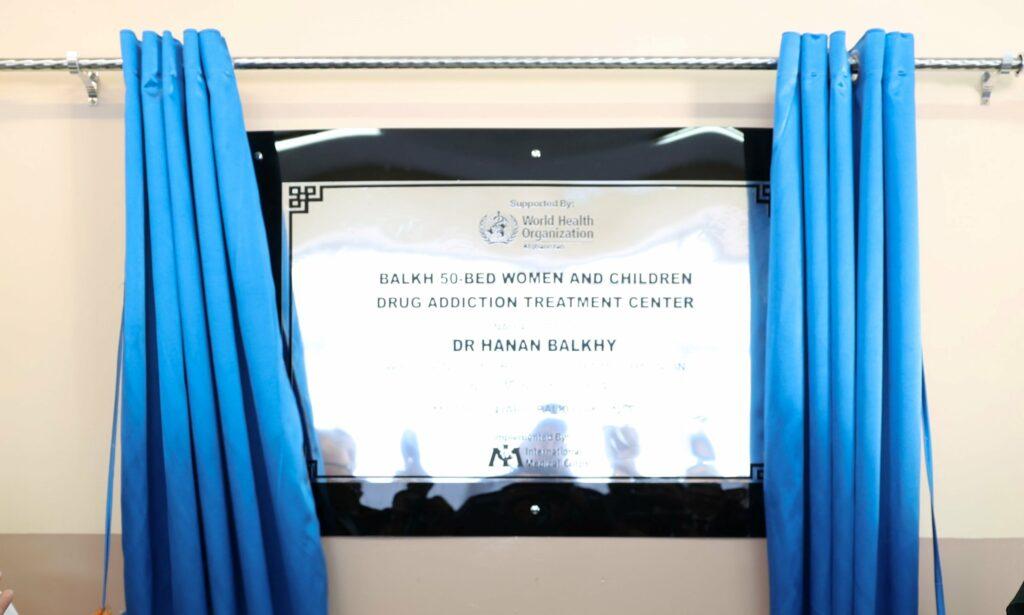
Hospitals are reporting that walking pneumonia infections in children are surging across the country, raising questions about whether they're peaking and whether the trend is unusual this year. CTVNews.ca spoke with various medical experts to find out the latest situation with the typically mild walking pneumonia in their area and whether parents should be worried.
Why are cases rising? The Public Health Agency of Canada (PHAC) doesn't officially monitor Mycoplasma pneumonia, whose non-medical term is walking pneumonia, but it said the Canadian Public Health Laboratory Network is watching out for any "unusual" activity involving the disease. The contagious pneumonia caused by Mycoplasma pneumoniae bacteria is common in young adults and school-age children, though it can affect anyone, it said. More cases have been reported in Ontario’s Hamilton area this year compared to previous years, including before the pandemic, though most infections are mild, according to Dr.
Sarah Khan, infectious disease specialist at McMaster Children's Hospital. Khan said there have been surges of walking pneumonia in the past. The number of cases tend to be higher in the fall and infections are starting to decline as winter approaches, she said, noting it may be too early to say whether cases have peaked.
"We saw essentially it peak towards the end of October," Khan said. "And the last two weeks here in November, we’ve started to see a decline so that may be reassuring." In September, more than 400 swabs tested positive for walking pneumonia while the number dropped to about 200 to 250 positive swabs so far this month, she said.
The reasons for the surge are unclear, Khan says. "I think that's the million-dollar question in terms of sort of why this peak now," she said, noting some who think it may be because children weren't being exposed today to the same pathogens as they were before the pandemic. The IWK Health Centre, a major women's and children's hospital in Halifax, has seen a surge in walking pneumonia cases.
This year 147 cases of pneumonia due to Mycoplasma pneumoniae were recorded so far this year, up significantly from the 11 cases the hospital treated in 2023. The number of cases this year is the highest so far with 47 in September. The data for October is incomplete.
BC Children’s Hospital has also recorded an increase in cases since August. BC Centre for Disease Control is seeing a higher number of cases than in previous years, particularly among people under 20 years old. "BCCDC continue to monitor the situation closely but have not observed a notable increase in infections since October," the BC Centre for Disease Control and BC Children’s Hospital said in a statement to CTV News on Thursday.
HSC Children’s Hospital in Winnipeg says it's seeing a similar pattern with pneumonia in general. "The number of pediatric patients presenting to the emergency department with pneumonia this fall is higher than last year but not dissimilar to the number seen in some previous years," a Shared Health spokesperson said in a statement to CTVNews.ca on Thursday.
Shared Health, a health authority in Manitoba, said it doesn't have information on how many cases are walking pneumonia caused by Mycoplasma pneumoniae bacteria. "The reasons why we are seeing a higher number of bacterial pneumonia cases are not clear, but these numbers do vary from year to year, and we have certainly seen different patterns in respiratory and other infectious diseases since the COVID-19 pandemic," it said. Health officials are monitoring the situation as it has received reports of "increased circulation" of the disease in Quebec and in other countries, Marie-Christine Patry, spokesperson for the province's Ministry of Health and Social Services, said in an email translated from French to CTVNews.
ca on Thursday. She said outbreaks tend to occur in late summer and early fall, with cyclical outbreaks that can occur every three to five years. Is the surge unusual? Dr.
Earl Rubin at the Montreal Children's Hospital told CTV News on Thursday that there are still no clear numbers since Canada doesn't track this disease. He said that he and his colleagues in hospitals across the country have observed an unusual spike in serious and more complex cases of walking pneumonia affecting much younger patients since the summer. With children back in school, he suggested it’s not surprising for cases to be surging again, noting that it can take up to a month before symptoms show up.
It's uncertain why this trend is happening, Rubin said, noting children's hospitals are seeing rare symptoms of the illness, such as rashes and brain issues. The walking pneumonia spikes occur from time to time, Khan said. "Surges can occur, but they typically are transient, and they do tend to come back down," she said.
"So, this isn't unheard of in a sense, but it's definitely higher than what we would say is typical for us." Much younger children from ages two to four are getting walking pneumonia, according to Khan. "The numbers have been much higher and we're also seeing it in younger populations than we are normally used to seeing it in," Khan, also an associate professor in the Department of Pediatrics at McMaster University, said in a video interview with CTVNews.
ca on Thursday. She cited data from the Hamilton Regional Lab Medicine Program covering most of the Hamilton region. She estimates that the lab had hundreds of positive test results for walking pneumonia.
Advice for parents Doctors say parents have no reason to panic since walking pneumonia is typically mild and can usually be treated at home with over-the-counter medications like acetaminophen or ibuprofen. "It doesn't necessarily mean that everyone that develops a cough needs to rush, to go get tested or to go get antibiotics for this infection," Khan said. While there is no preventative vaccine for walking pneumonia, PHAC said, most people recover without any treatment and only severe cases may require antibiotics.
Doctors recommend those who are sick with coughs and a fever to stay home until they recover. Immunocompromised people are more vulnerable to getting severe walking pneumonia, including those getting cancer treatment and have lung issues such as cystic fibrosis. They advise those who may have severe symptoms to see their primary-care providers.
These include a fever and cough that's worsening or lasting more than seven days. Breathing concerns, frequent vomiting due to coughs, or a fever that doesn't go away for more than three days after taking antibiotics for pneumonia, according to Shared Health. Youth who have difficulty breathing, develop pale or blue lips, vomit antibiotic doses, will not take fluid, or appear very sick should go to the ER, it added.
Walking pneumonia outbreaks occur mostly in crowded places like schools, college residence halls, military training facilities, long-term care facilities and hospitals, according to PHAC. Patients under five years old may have different symptoms, such as runny noses, wheezing, diarrhea and vomiting without pneumonia and fever, PHAC added. With files from CTV National News Multi-Skilled Journalist Sarah Plowman Doctors say walking pneumonia is typically mild and can usually be treated at home.
(Pexels) Related Stories Share: More Health Stories Tracking respiratory viruses in Canada: RSV, influenza, COVID-19 Walking pneumonia is surging in Canada. Is it peaking now? Manitoba reports first case of mpox, province says risk to public is low U.S.
confirms first case of bird flu in a child Mpox still a health emergency, says WHO Ground beef tied to U.S. E.
coli recall, illnesses wasn't sold in Canada: distributor 6 tourists died in Laos after apparently drinking methanol. What is it and why was it in drinks? More than 70K wall beds recalled across Canada, U.S.
over tipping concerns U.S. FDA finds widely used asthma drug impacts the brain Top Videos Que.
students accuse teacher of profiting off their artwork Car thefts in Canada: Insurance companies face criticism $50K reward offered in case of missing Barrie, Ont. woman CTVNews.ca Top Stories Minister calls GST holiday, $250 cheques for 18 million Canadians 'a targeted approach' 'Her shoe got sucked into the escalator': Toronto family warns of potential risk of wearing Crocs Ancient meets modern as a new subway in Greece showcases archeological treasures Quebec man, 81, gets prison sentence after admitting to killing wife with Alzheimer's disease Canada Post quarterly loss tops $300M as strike hits second week -- and rivals step in 'Immoral depravity': Two men convicted in case of frozen migrant family in Manitoba Don't Miss 'It got sucked in': Warnings of wearing Crocs on escalators WATCH: Zipline rescue of dog and owner over flooded river Boy with autism get his own bounce house after viral video.














